International development professional with a longstanding experience in knowledge management and communication for development. Focused in particular on communities of practice and policy dialogue, she launched EvalForward and facilitated the community until 2024.
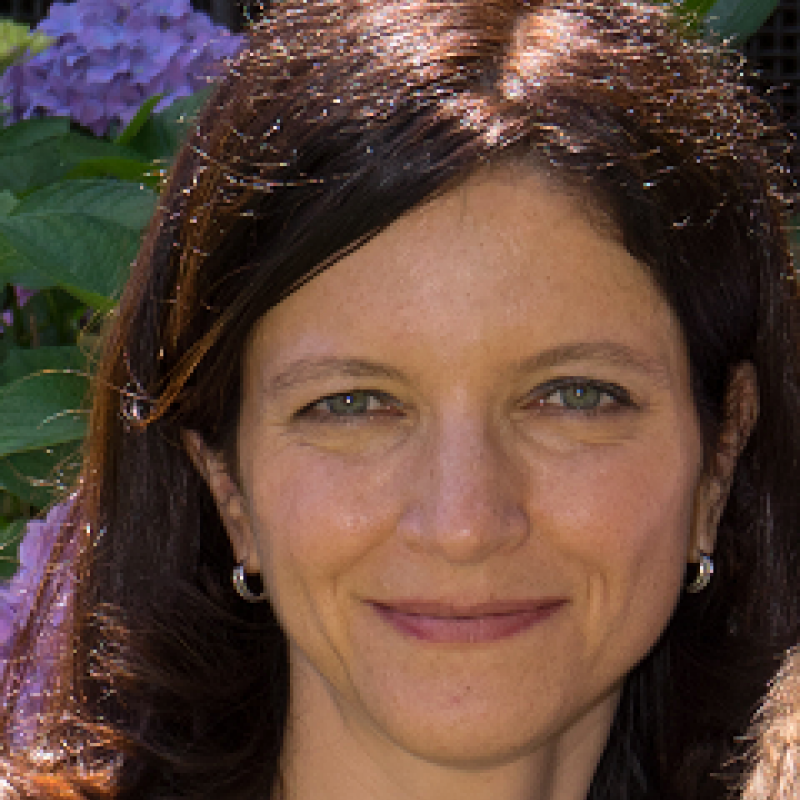
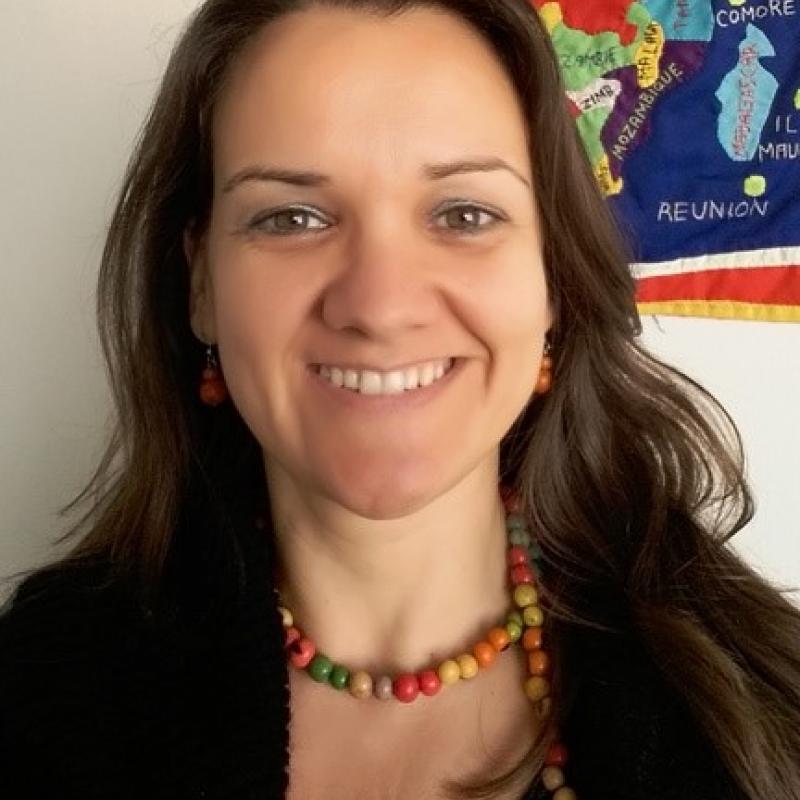
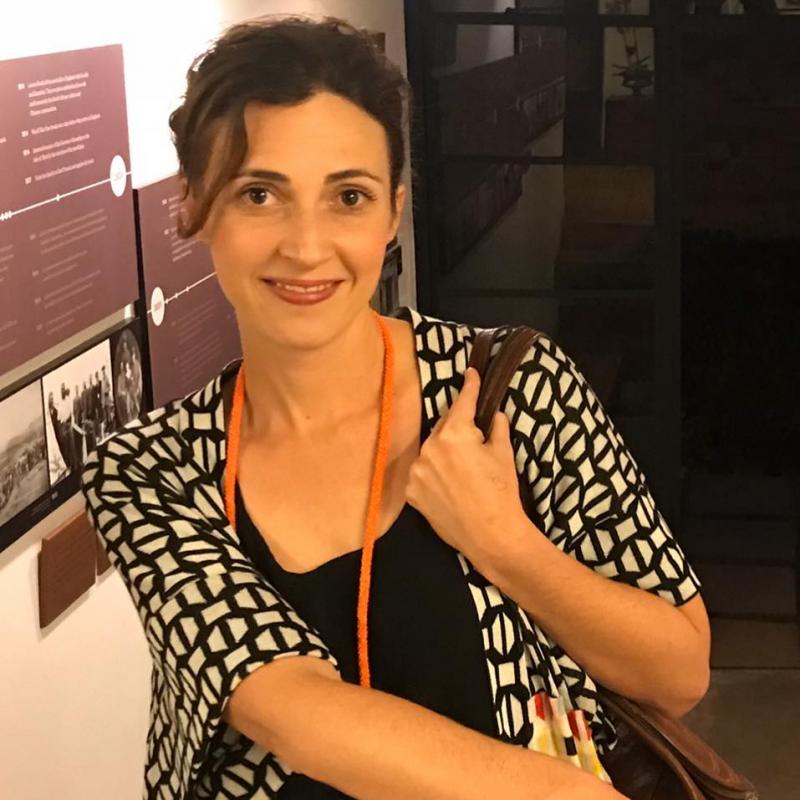

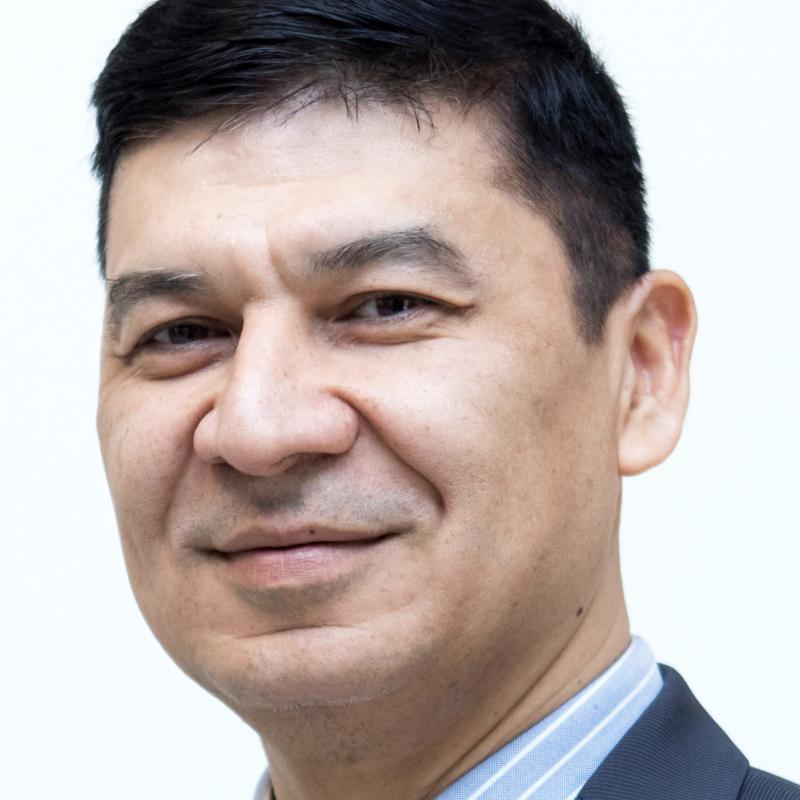
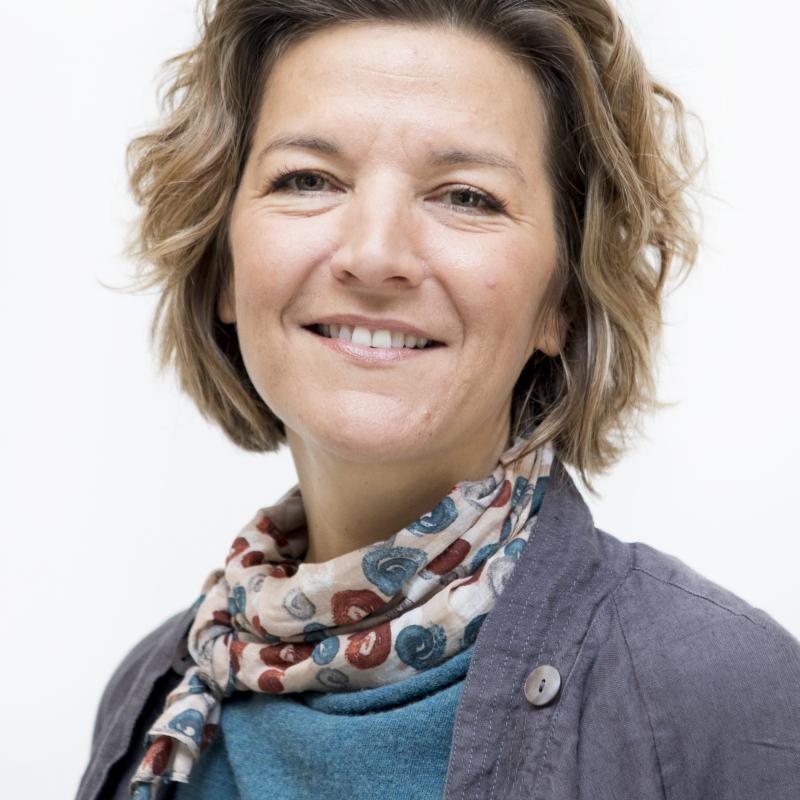
Renata Mirulla
Free lance consultantDear Judith and all,
The topic of how to move forward evaluation in agriculture is the one of ideas that brought to the development of this CoP!
In 2019, FAO and EvalForward studied capacities for evaluation in Ministries of Agriculture, for which we interviewed officers in the Ministries of Agriculture of 23 countries. The study revealed a disparate situation depending on countries, including some with still very limited capacities in relation to evaluation, M&E or even Results-based management (here the link to the report and to the briefing note). Rwanda was not in our sample, but it looks to have well-established M&E systems and performance measurements (such as the annual imigo mentioned by Olivier).
As known, evaluation can be useful to bring the depth of the analysis to the data and M&E system and help to identify weak spots. An institutional set up would provide the framework for carrying out strategic evaluations and support the demand for evidence and the willingness and capacity to use it.
Based on the experience of countries that have succeeded in developing an evaluation system, some entry points to start the process can be:
In many countries, budget cuts in the agriculture sector have led to reduced investments in human resources and skills development undermining M&E functions and attempts to develop evaluation capacities in the sector. It is great to see that this is not the case of Rwanda. The centrality of agriculture in the economy should be leveraged to make the case to advance on the tools to improve evidence generation and use in the sector.
We look forward to the views of other members!
Renata